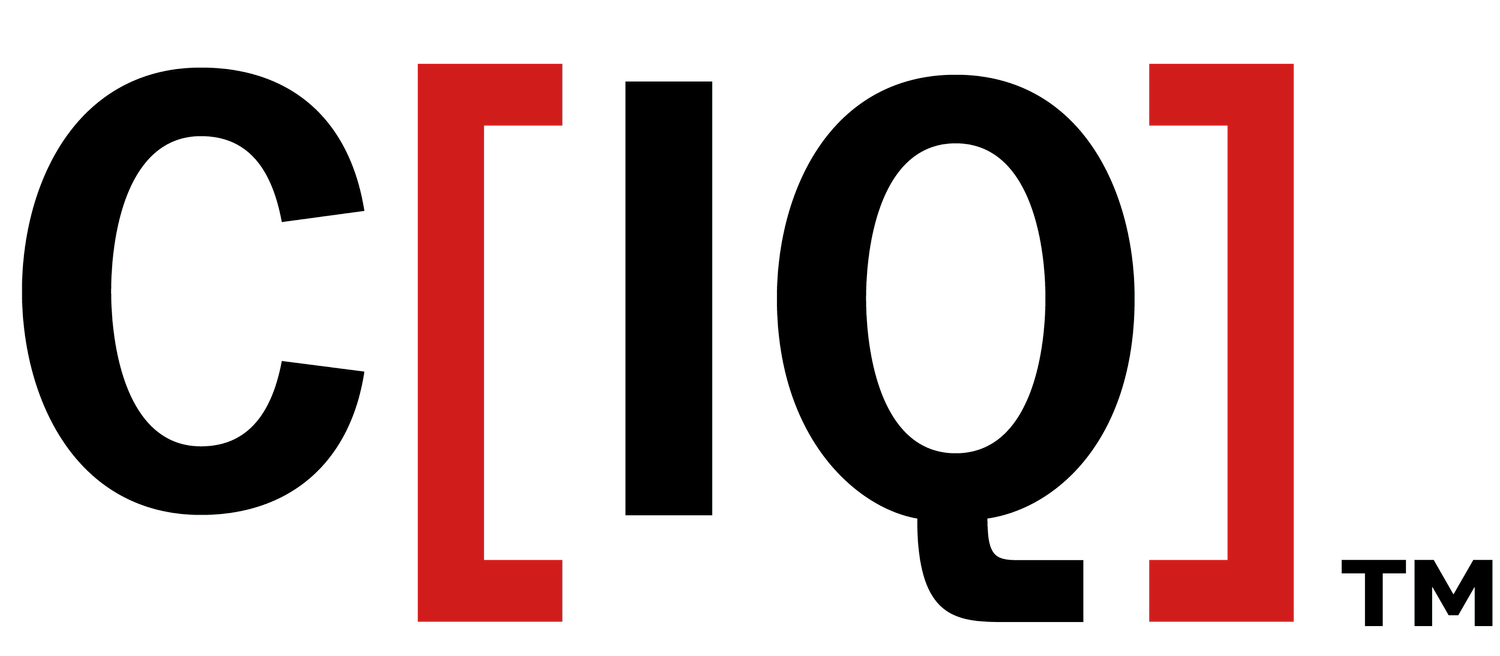A Relationship Primer for the Millennial Market
Last Friday we noticed an article appeared in the NY Times that was finally enough to force us to pause from the client workload to blog about it. We read through it -- parts of it twice, and conclude that Sam Tanenhaus may have keyed a primer for Millennial CRM.
Sam's right. Perhaps suddenly, Millennials are everywhere; not that they were ever invisible as he points out, but that their status is changing their visibility. A quick Google exercise of news feeds will illustrate just how prolific the term and the demographic has become in a matter of months. But the data point that straightened our tail and raised our ears was that this segment is at least 80 million Americans strong.
The key take-away of the article -- in support of its title "Generation Nice" -- is that this segment is far from the typical picture painted of this generation: narcissistic; self absorbed indulgence as evidenced by an endless stream of Instagram updates and variations on the Selfie.
But that may not be the accurate picture at all (and thus a call to possibly tweak your CRM strategy). The Pew Research Center's sequence of reports on the Millennial Generation has a subtitle worth keeping in mind: "Connected. Open to Change." They represent an important segment for several of our current client projects, and one now refers to them as "Generation Next."
Notwithstanding their propensity to embrace technocratic principles of innovation (the code word for "change"), Millennials may have an important characteristic that's been overlooked. They are focused on doing good and being fulfilled in the process. Consider that nearly 2/3rds of Millennials said in survey that they'd rather be delighted in a job making $40K per year than making $100K a year in a job they think is boring.
Then consider, as Tanenhaus encourages, the Millennials' shopping habits. On the fashion scene, many Millennials could care less about prestige brands with high-brow campaigns, and prefer to buy online and seek out “disposable” clothing at (for example) Zara, which declares that their retail stores are eco-friendly; the company produces less waste and recycles more; their team is inherently environmentally aware, and its organically farmed cottons are “completely free of pesticides, chemicals and bleach.” Why do Zara, H&M, and Patagonia focus on these principles? Well, at C[IQ] we know first hand for at least one of them, its because they genuinely believe it and have from Day 1. But this is sound marketing too, because Millennials collectively are favoring brands that embrace values of good citizenship.
And this goes to the heart of something we've been saying for some time: "People don't buy what you make, they buy why you make it." Now, we can simply point to this NY Times article which just may be (next to the Pew Report that may have catalyzed it) one of the best CRM Primers for building and sustaining SMART relationships with the Millennial segment -- a crowd some 80 million strong. And you know what we mean by SMART.
This article is a good read, and we strongly encourage you to do so and act accordingly. Thanks to @samtanenhaus for authoring it!
